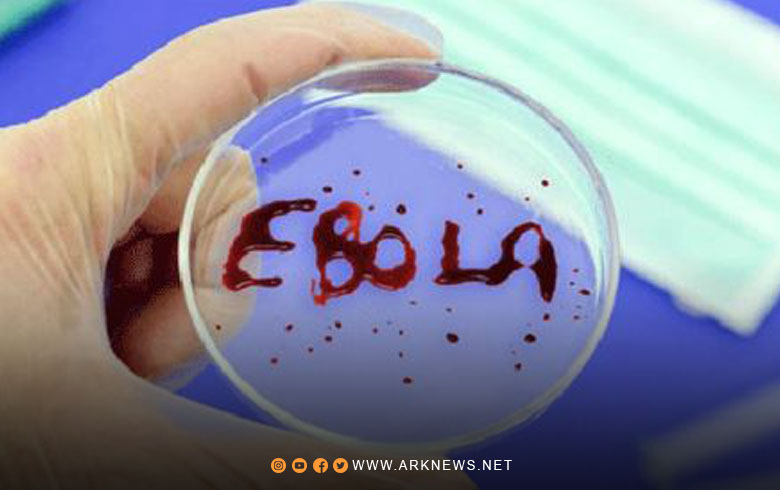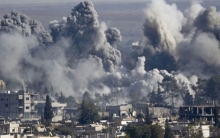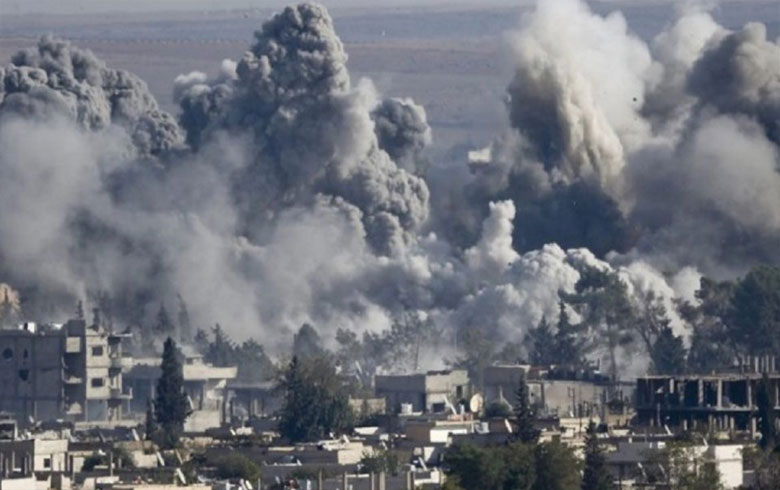
WHO warns of the return of the spread of the Ebola virus
ARK News… The World Health Organization has warned 6 countries about the dangers of the deadly Ebola, calling for swift action to avoid its outbreak in the countries in which it appeared, as the organization called on 6 African countries to be alert for possible cases of the Ebola virus, as Guinea announced last Sunday its first case of the disease, Congo also announced four new cases this month.
Ebola is a serious disease that, if left untreated, often kills a person. The Ebola virus disease first appeared in 1976 in Sudan and the Democratic Republic of the Congo.
How the disease is transmitted:
Fruit bats of the family Pteropodidae are thought to be the natural host of the Ebola virus. The Ebola virus is transmitted to human populations by coming into contact with the blood, secretions or organs of infected animals, or other body fluids, such as chimpanzees, gorillas, fruit bats, monkeys, forest antelope, and porcupines that It is found diseased or dead in rain forests.
Then Ebola spreads through the transmission of its infection from one person to another through direct contact with the blood of an infected individual (through wounds or mucous membranes) or secretions of that individual, his organs, or other body fluids, and by contact with surfaces and other materials contaminated with these fluids (such as furniture and clothes.
Health-care workers often become infected when treating patients with suspected or confirmed cases of EVD.
Burial ceremonies in which mourners directly come into contact with the body of the deceased may also play a role in the transmission of the Ebola virus.
Symptoms of Ebola disease:
The incubation period for the disease, that is, that extends from the moment of infection to the onset of symptoms, ranges between two and 21 days. A person does not transmit the disease until he shows its symptoms, the first of which is the sudden infection with a debilitating fever, muscle pain, headache, and sore throat, followed by vomiting, diarrhea, the appearance of a rash, impaired kidney and liver function, and in some cases, both internal and external bleeding (such as bleeding blood from gums and blood in stool), and laboratory results show a decrease in the number of white blood cells and platelets.
Treatment and vaccinations:
The early incubation of an individual with supportive care enhances their survival, and there is still no tried and tested treatment against Ebola virus disease, but it is currently evaluating a wide range of treatments that are likely to combat it, including blood products, immune system treatments, and drugs, there are currently no licensed vaccines against the disease.
528


























